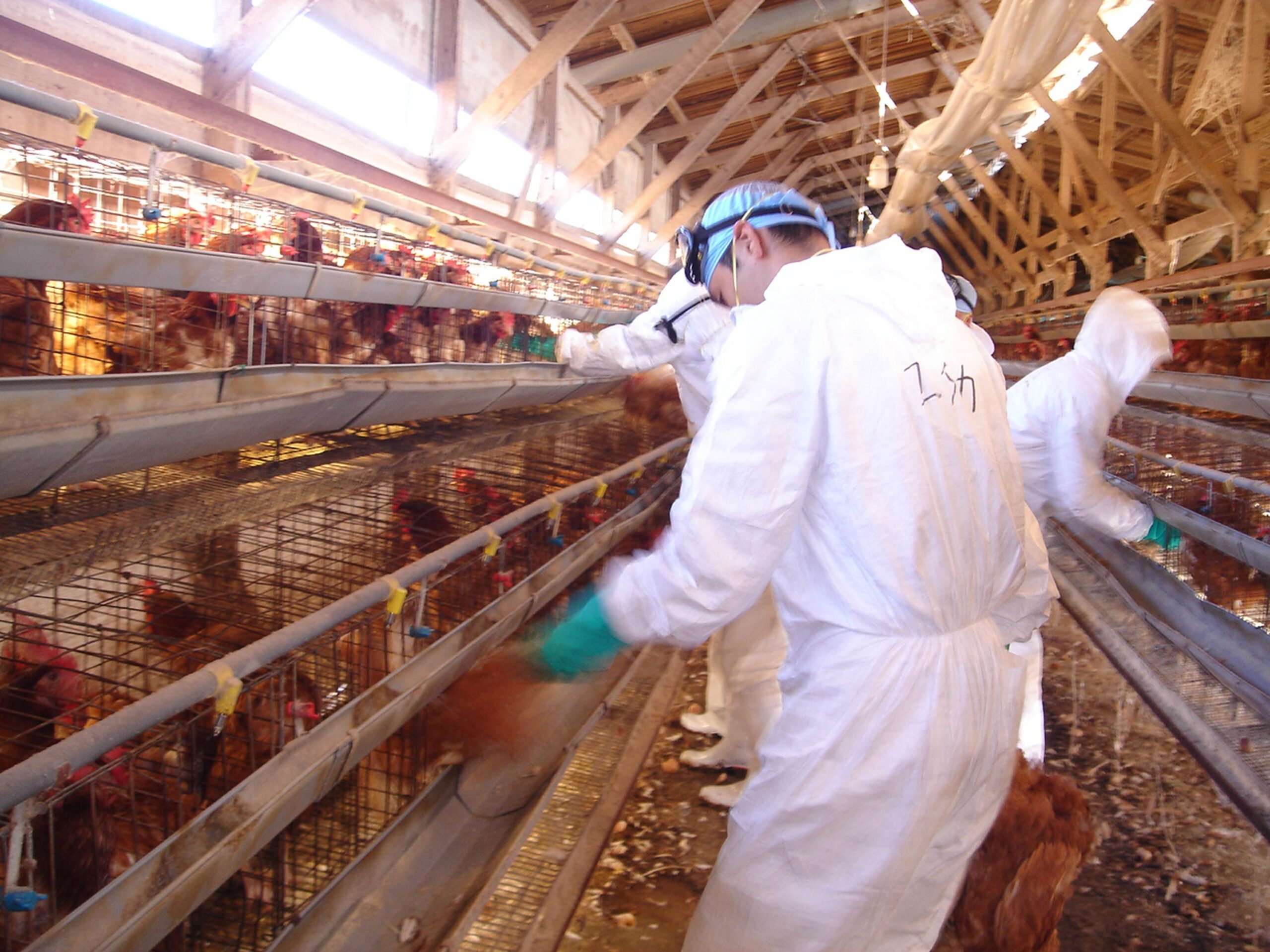- Japan culled over 17 million chickens this season amid its worst bird flu outbreak ever, per NHK.
- Local governments and farmers are having problems finding suitable land to bury chicken carcasses.
- As a result, egg prices soared in Japan, prompting some restaurants to suspend sales of egg-based items.
Thanks for signing up!
Access your favorite topics in a personalized feed while you’re on the go.
Japan’s emerging from the COVID-19 pandemic, but it’s already fighting another outbreak — bird flu.
The situation’s so bad that Japan has culled a record 17.4 million birds since October 2022, stressing local governments and farmers who are now struggling to find suitable land for burying carcasses, broadcaster NHK reported on Tuesday.
Chickens are culled to prevent the risk of the bird flu crossing over to other animals and humans — which, in turn, could cause diseases such as severe pneumonia, according to the World Health Organization.
As Japan battles its worst bird flu season ever, about 60% of prefectures — or regions — that have reported outbreaks have trouble finding land for burying chicken carcasses, per NHK. The carcasses can’t just be buried anywhere due to fears of contamination, especially if water is present.
Some regions are addressing the problem by securing other plots of land or by incinerating the carcasses, according to the broadcaster. However, not all of them have enough capacity to incinerate so many carcasses, according to another NHK report in October.
The mass culling of chickens is impacting food prices.
The mass culling of so many chickens over bird flu impacts food prices. That’s particularly since 9% of laying hens kept for egg production have been culled, per NHK.
Prices of medium-sized eggs in Tokyo are 350 Japanese yen, or $2.67, per kilogram on Thursday — going up 70% from a year ago, according to JA. Z-Tamago, a unit of Japan’s National Federation of Agricultural Cooperative Associations.
McDonald’s Japan and 7-Eleven, among others, have suspended certain food items from their menus that require the use of eggs. About 20% of 100 listed companies in Japan have suspended egg-related items as of March according to Teikoku Databank, a research firm.
It’s not just Japan as there’s an ongoing bird flu outbreak globally that’s affecting the poultry industry — and in turn egg prices.
In the US, egg prices soared nearly 60% in 2022 due to bird flu hitting supply and higher input costs, Insider’s George Glover reported in January.

